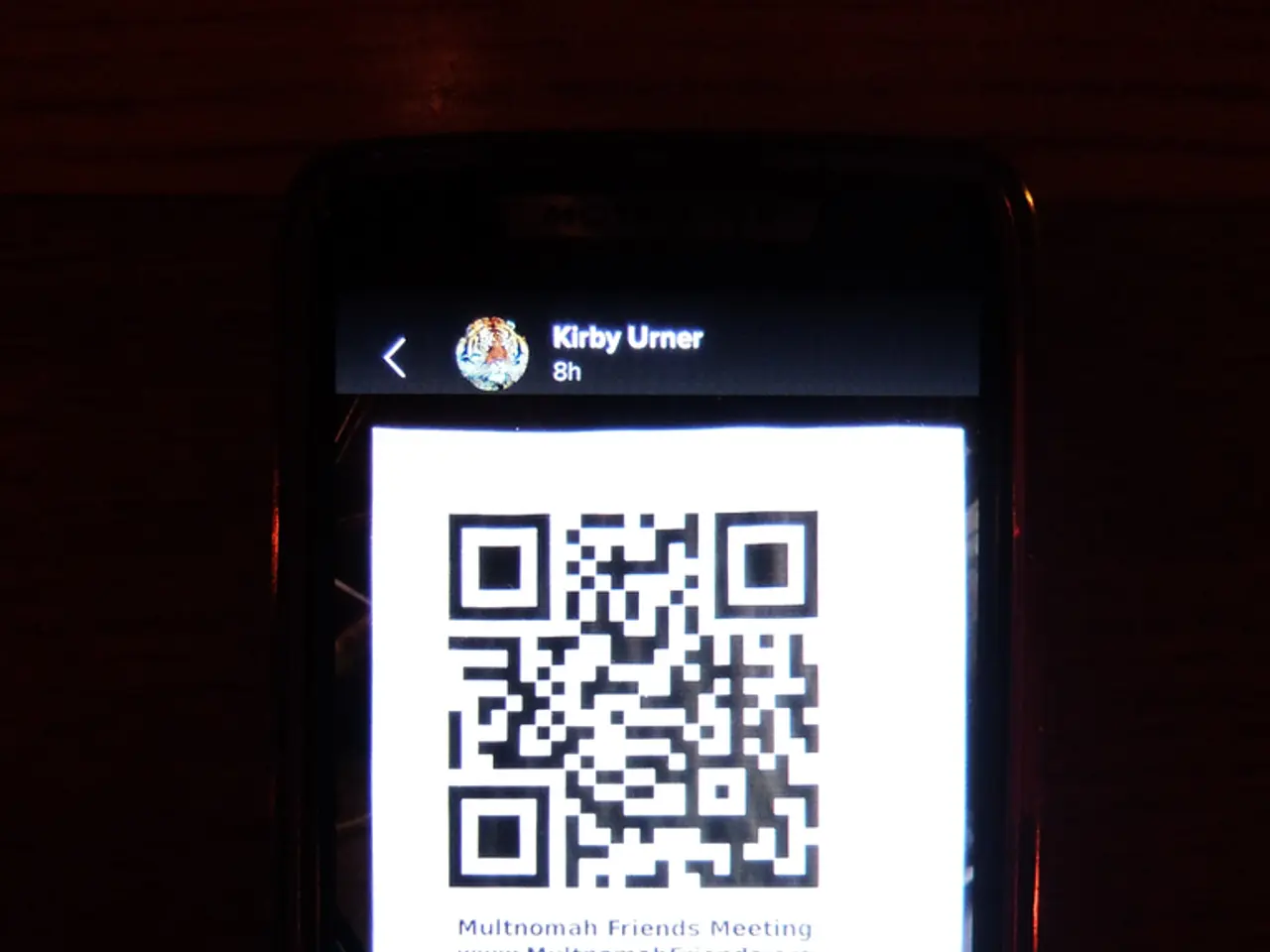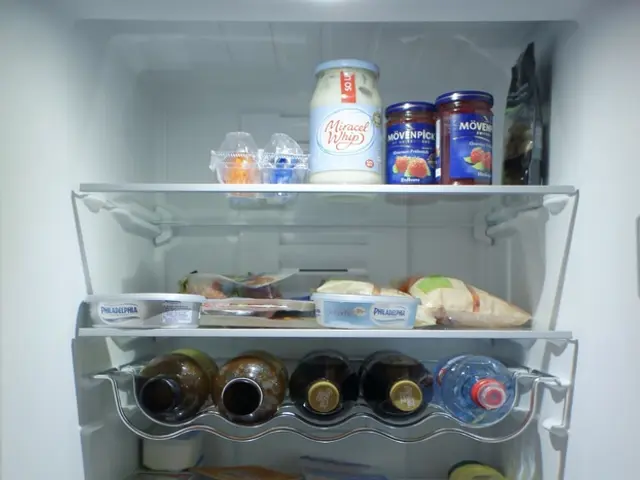Japan and China to Cooperate on Developing Shared QR Code Payment Services
The Payments Japan Association is taking significant strides to expand the use of its QR code payment system, JPQR, both domestically and internationally.
Currently, approximately 15,000 stores in Japan have installed the JPQR system, with the majority located in the western Kansai region in preparation for the Osaka World Expo in 2025. The association aims to grow this number significantly, with a goal of introducing at least 100,000 stores using JPQR, mainly in the Kansai region, by the end of the current fiscal year.
To achieve this growth, the association is actively seeking businesses to develop franchisees to promote the program. The focus on the Kansai region is not only to accommodate visitors to the Osaka World Expo but also to lay the groundwork for future cooperation with Asian countries.
In line with this, Japan is collaborating with Southeast Asian countries and India to enable mutual access and use of QR code payment services by 2025. Discussions are underway with UnionPay, a major Chinese digital payment service, to allow Japanese travelers to make payments using codes from the other side. Similarly, WeChat Pay, another Chinese digital payment service, has already joined JPQR for the Japanese domestic market.
Preparations for cooperation with eight countries, including Indonesia, Cambodia, Singapore, Malaysia, Thailand, and India, are underway for the Osaka World Expo in 2025. The association is also negotiating with Southeast Asian countries, India, and other countries for mutual access and use of QR code payment services by 2025.
The unified standard for QR payments is necessary due to the availability of several operators in Japan, each requiring a separate QR code at the cash register. JPQR, formulated in accordance with international standards, facilitates cooperation with unified standards in other countries. A single code will be able to handle payments from hundreds of Asian payment businesses.
The aim is to launch cooperation with Asian countries by the time of the Osaka World Expo in 2025. Yoshio Fukuda, the general director of the Payments Japan Association, has stated that Japan will cooperate with individual Chinese digital payment services, including UnionPay and WeChat Pay, in this endeavour.
JPQR was created to reduce the time and effort required to present multiple QR codes in stores. It was also designed to unify QR codes in Japan, allowing various companies' services to be used. The Payments Japan Association, which operates the country's standardized QR code payment system called JPQR, is involved in these negotiations.
This expansion of JPQR is a significant step towards a more unified and efficient payment system in Japan and across Asia. As the Osaka World Expo approaches, the spotlight is on Japan to showcase its technological advancements and hospitality to the world.
Read also:
- Reporter of Silenced Torment or Individual Recording Suppressed Agony
- Musk announces intention to sue Apple for overlooking X and Grok in the top app listings
- Portugal's EDP dives into bi-directional charging systems, disregarding the absence of a comprehensive regulatory structure in the nation
- Cybertruck's Disappointing Setback, Musk's New Policy, Mega-Pack Triumphs, Model Y's Anticipated Upgrade Prior to Refresh (Week of January 25 for Tesla)








